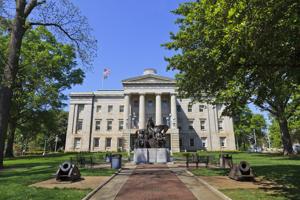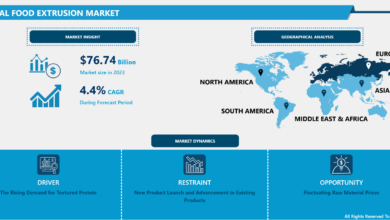North Carolina starts fiscal year without budget

(The Center Square) – The new fiscal year started in North Carolina on Thursday without the state’s spending plan enacted.
Instead of voting on the state’s multibillion-dollar budget for the biennium on the last day of fiscal year 2021, lawmakers Wednesday were planning for a break in the legislative session.
The General Assembly must create a state spending plan for the next two fiscal years during this legislative session. Each fiscal year starts July 1 and ends June 30 the following calendar year. Lawmakers must consider changes to recurring funding and one-time allocations.
The Senate approved a plan to spend $25.7 billion from the general fund in fiscal 2022, $26.6 billion in fiscal 2023 and $5.1 billion in federal State Fiscal Recovery funds.
House appropriations committee members started combing through the plan Tuesday. The General Assembly must approve the bill before it can send it to Gov. Roy Cooper for approval.
The House will not hold a vote again until the week of July 12.
House leadership did not respond Thursday to requests for comment Thursday, but based on the timeline of events, the House may not vote on the budget until mid or late July. The delay, however, will not lead to a government shutdown in North Carolina. State law allows recurring expenses to be funded at previous levels in the interim.
The state did not enact a full budget over the previous biennium because Democratic Gov. Roy Cooper and Republicans, who hold the majority in the Legislature, could not agree on its contents. The governor vetoed the budget in 2019 because lawmakers did not include a Medicaid expansion or a 9% pay raise for educators. The current proposal spends less that what Cooper recommended. It also excludes bond investments and Medicaid expansion.
The Senate budget proposal includes a more than $600 million tax cut for North Carolinians and a 10-year, $12 billion cash infrastructure and capital plan. It also includes raises for state workers and bonuses for educators. It funds an expansion of one of the state’s private school voucher programs and the creation of new public safety departments and divisions.
Federal funding is included in the plan for business recovery grants and utility projects. It contains federal aid for food banks, the state fair and other state attractions, rural downtown renovations, broadband access, long-term care facilities, a Medicaid fee-for-service system transformation, developmental disabilities grants, charitable clinics and rural health.
Disclaimer: This content is distributed by The Center Square


